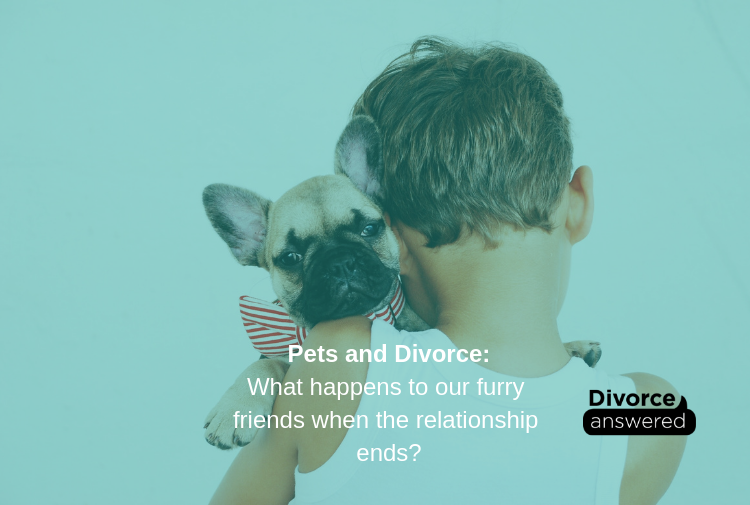
Rachael Scharrer, relationship and divorce expert, separation strategist and founder of DivorceAnswered.com.au, reflects upon the much-loved hairy, four-legged family member that often becomes the emotional sticking-point in divorce: What happens to the family pet in divorce? What options are available when negotiating the future ownership and care of the pet when the owners separate?
For many people, their pet is more than just a pet, particularly if it is the ‘child’ of the union and the centre of an emotional brawl. Disappointingly, the way that the Family Court and Family Law views pets isn’t always the way that the owners would like it to be addressed.
The Family Court disregards the strong emotional attachment that people have towards their pet. While the owners feel that their pet should qualify for ‘Parenting Orders’ or a visitation arrangement, the reality is that the pet is considered ‘property’ and falls under the financial settlement.
The Court will consider the following in the ownership of the pet for property settlement:
Unfortunately, the Court doesn’t account for what is in the best interest of the pet. This consideration is left to the owners to create an arrangement between themselves.
There have been cases where the owners have privately agreed to or had their pet included in parenting orders or care arrangement. In some cases, there is a financial agreement put together for the ongoing financial responsibility for the life of the animal. Pets have also been known to be involved in family inheritance disputes!
If you are divorcing and a is pet involved, beyond determining the ownership of the pet (as considered a property asset), you and the other owner may like to consider the following:
Above all else, remember that the family pet is a little soul that you have chosen to love and care for. The same care and consideration that is given to children in parenting matters is ideally applied by owners for the safety, wellbeing and best interest of their beloved pet.